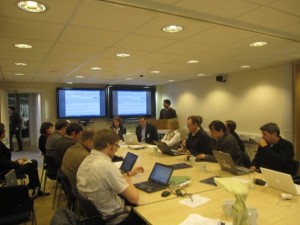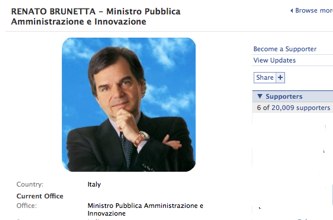A few days ago in the IHT Evgeny Morozov, a Fellow at the Open Society Institute in New York, has published an interesting op-ed entitled: “Digital renegades, or captives?” where he analyzes the role of the Internet in promoting civic engagement in authoritarian regimes. Evgeny asks: “What if the original premise was wrong and the Internet is not a great force for democratic change but rather the clay that keeps authoritarian regimes together?” Evgeny alerts us to the dangers of seeing the Internet as a magic wand, which will necessarily promote democratic change and warns us about the importance of context (America vs. non-Western European countries) when analyzing the role of the Internet in aiding political change and political participation.
Evgeny goes on to argue (and I quote his words, again): “We have to be aware of the fact that the Internet has given the youth living in controlled societies infinite venues for digital entertainment – without any religious or social censorship – that may not necessarily be enhancing their digital sense of citizenship and civic engagement. Risking the comfort of their bedrooms – with their hard-drives full of digital goodies – for the gloom of a prison cell does not appeal to many of them. The governments are all too happy to promote this new cult of ‘cyber-hedonism’.”
In other words, the Internet is just a tool – we must avoid technologically deterministic arguments which stress the effects of technology by taking it out of context, and by devoiding it of social agency. Evgeny suggests two ideal types (a la Weber): ‘digital renegades’ vs. ‘captives’ which I think are much more than just another trendy name, but they are two categories which may well turn out to be a really useful analytical tool in studying young people’s civic engagement.
[Cross-posted on Internet and Democracy blog and Digital Natives blog]


